Rare form of autism shows unique pattern of regression
More than 40 percent of children with Phelan-McDermid syndrome lose skills they once had, beginning, on average, at age 6.

More than 40 percent of children with Phelan-McDermid syndrome lose skills they once had, beginning, on average, at age 6.
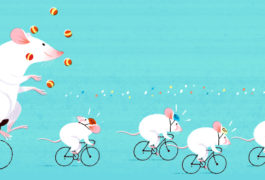
Mice have long been the mainstay of autism research, but a small group of scientists say rats are the superior choice. Rats are bigger, smarter, friendlier — and a lot more fun.
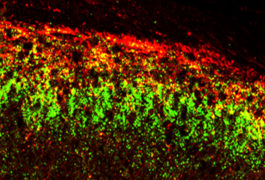
SHANK3, a leading candidate gene for autism, helps sensory neurons in mice respond to pain.

On Cayo Santiago island, scientists track the alliances and power struggles of a colony of feral monkeys — collecting data to generate new insights into the social challenges that people with autism face.
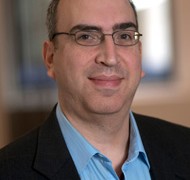
There is some evidence that neural habituation — the process by which neurons get used to sensory stimuli — goes awry in autism. Mutant fish may help us understand the sensory sensitivities that often accompany the disorder, says Alan Packer.
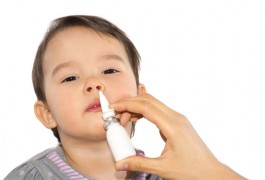
The hormone oxytocin is proceeding into clinical trials for people with the autism-linked disorder Phelan-McDermid syndrome, researchers revealed yesterday at the 2015 International Meeting for Autism Research in Salt Lake City, Utah.
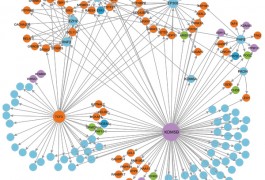
Finding people who have an autism-linked mutation but no apparent symptoms may be the key to identifying drug targets for the disorder, says Thomas Insel, director of the National Institute of Mental Health.
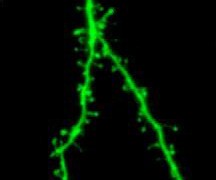
The SHANK family of proteins, some of which are strong autism candidates, work together to facilitate brain signaling, according to unpublished results presented yesterday at the 2014 Society for Neuroscience annual meeting in Washington, D.C.
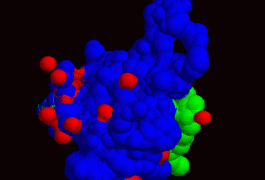
Insulin-like growth factor improves social behavior and lessens repetitive behaviors in children with Phelan-McDermid syndrome, according to results from a preliminary clinical trial. Researchers presented the data yesterday at a satellite meeting of the 2014 Society for Neuroscience annual meeting in Washington, D.C.
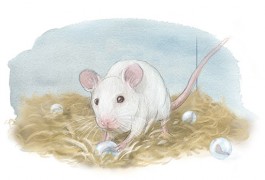
Each of four different mutations in SHANK3, a leading autism candidate gene, leads to a different set of symptoms in mice, researchers have found. They presented their unpublished results on Thursday.